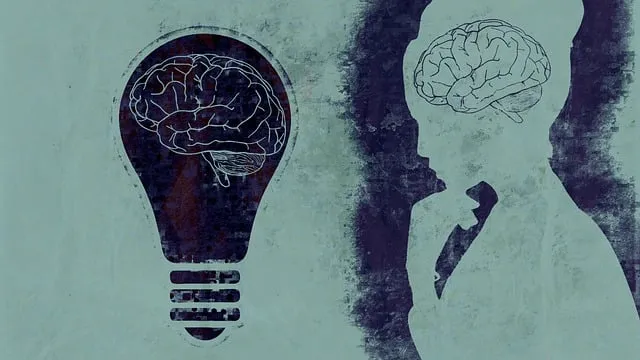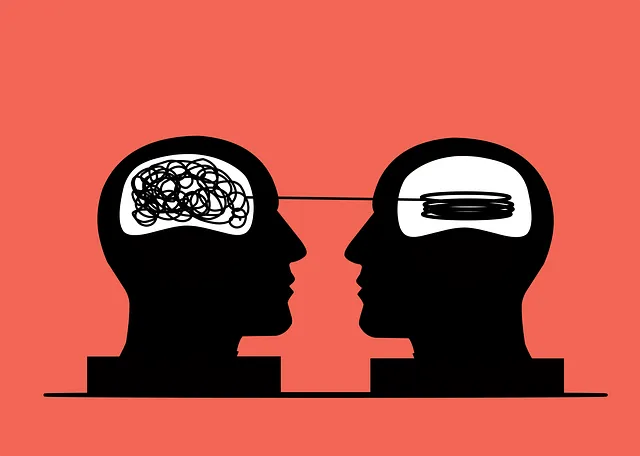Kaiser Permanente's mental health services in Lone Tree prioritize cultural sensitivity for comprehensive patient care, aligning with their Mind Over Matter philosophy. They offer tailored therapy, coping skill development, and educational platforms like the Mental Wellness Podcast Series to foster inclusive communities. Clinically, culturally aware practitioners actively listen to patients' backgrounds, beliefs, and values, incorporating these into treatment plans while promoting diversity among staff through recruitment, training, and education programs for enhanced mental health outcomes.
Cultural sensitivity is an essential aspect of providing effective mental healthcare, ensuring equitable access to services for all. This article explores the critical topic of cultural sensitivity in mental healthcare practice, drawing insights from Kaiser Permanente’s innovative approach in Lone Tree. We delve into strategies for clinical settings to navigate diverse patient backgrounds, foster trust, and deliver culturally competent care, ultimately improving outcomes.
Learn how these methods enhance mental health services, especially relevant in today’s diverse society, reflecting the values of Kaiser Permanente’s commitment to Lone Tree’s community.
- Understanding Cultural Sensitivity in Mental Healthcare
- Kaiser Permanente's Approach to Mental Health Coverage in Lone Tree
- Strategies for Practicing Culturally Sensitive Care in Clinical Settings
Understanding Cultural Sensitivity in Mental Healthcare

Cultural sensitivity in mental healthcare practice is a critical aspect that cannot be overlooked, especially within an organization like Kaiser Permanente that offers comprehensive mental health coverage, such as its Lone Tree services. It involves understanding and respecting the diverse cultural backgrounds, beliefs, and values of individuals seeking mental health support. This is essential for building trust, fostering effective communication, and providing tailored care.
The concept goes beyond simply treating symptoms; it requires mental health professionals to be aware of their own biases and engage in self-awareness exercises. By doing so, they can better navigate the complex web of cultural nuances, ensuring that every patient receives care that aligns with their unique background. This approach not only enhances treatment outcomes but also contributes to burnout prevention by creating a supportive and inclusive environment for both patients and healthcare providers.
Kaiser Permanente's Approach to Mental Health Coverage in Lone Tree

In Lone Tree, Kaiser Permanente has pioneered an inclusive approach to mental health coverage, reflecting its commitment to Mind Over Matter principles. This healthcare provider recognizes that addressing mental wellness goes beyond traditional therapy and incorporates a range of services tailored to diverse communities. Their strategy involves not just treating symptoms but empowering individuals with coping skills development, ensuring every patient receives care aligned with their cultural background and personal beliefs.
As part of its initiative, Kaiser Permanente hosts the Mental Wellness Podcast Series Production, offering accessible platforms for education, support, and recovery stories. This multimedia approach caters to various learning styles, fostering a sense of community and normalizing conversations about mental health. By integrating these innovative practices, Kaiser Permanente Lone Tree sets a standard for inclusive mental healthcare, prioritizing patient-centered care that respects cultural sensitivity.
Strategies for Practicing Culturally Sensitive Care in Clinical Settings

In clinical settings, practicing culturally sensitive care is paramount to delivering effective mental health services. One strategy involves actively listening to and understanding patients’ cultural backgrounds, beliefs, and values, which can significantly enhance therapy outcomes. Healthcare providers should create a safe and inclusive environment where individuals feel comfortable sharing their unique experiences. This might include incorporating cultural elements into the treatment plan, such as adapting therapeutic techniques or providing resources that resonate with specific ethnic or religious groups.
Additionally, promoting diversity among healthcare staff through recruitment and training initiatives can foster better cultural sensitivity. Education programs designed to raise awareness about various cultural practices, beliefs, and challenges can boost practitioners’ confidence in caring for a diverse population, including those under Kaiser Permanente mental health coverage in Lone Tree. Public Awareness Campaigns Development and Mental Health Education Programs Design are essential tools in this regard, ensuring that care remains not only culturally sensitive but also tailored to the specific needs of each patient.
Cultural sensitivity is a cornerstone of effective mental healthcare, ensuring that services are accessible and tailored to meet the unique needs of diverse populations. As highlighted by Kaiser Permanente’s commitment to mental health coverage in Lone Tree, integrating cultural competency into practice benefits both providers and patients, fostering an inclusive environment. By adopting strategies such as language accommodation, community engagement, and culturally tailored interventions, healthcare professionals can deliver more personalized care. This approach not only enhances treatment outcomes but also strengthens the overall mental well-being of individuals from various cultural backgrounds, including those within the Kaiser Permanente network in Lone Tree.






